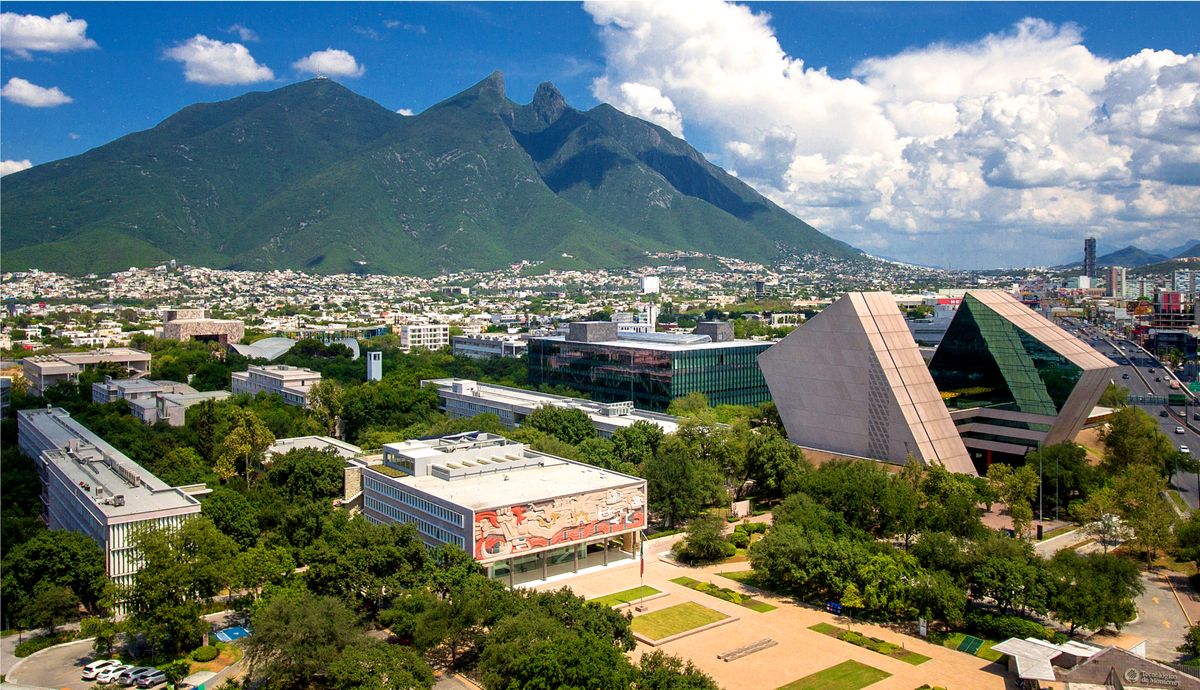It was 1943. In the midst of a world at war, a new university was created and was about to have its first day of activities. A simple ceremony was held, and when everybody was expecting an inaugural speech, the man who made it possible just said: “you should go now, don’t be late to your first day of school”. That university is Tec de Monterrey, now ranked as one of the best in Latin America.
That was Eugenio Garza Sada. A man who believed that the greatest projects must come from simple beginnings, a leader who saw modesty as a virtue. Maybe it was his way of saying the work of a person should always speak for itself.
Even with this modesty -or maybe because of it- Eugenio Garza Sada’s name shines brightly in the history of Latin American business.
His legacy encompasses industry, education, philanthropy and surely he would think, family. A legacy intrinsically woven into the fabric of modern Mexico, influencing generations of entrepreneurs after becoming one of the most respected leaders in the history of the private sector in the country.
2023 marks 50 years of his assassination at the hands of a guerrilla squadron at a time of political turmoil in Mexico. But that crime has not diminished his legacy. Quite the opposite, it seems to be more relevant than ever, probably because of the combination of three key elements: business acumen, consistency between his principles and actions and humanistic leadership in all his endeavors.
| BUSINESSES AS AN OPPORTUNITY FOR SERVICE AND DEVELOPMENT
Eugenio Garza Sada was born into a world of industry. The Garza Sada family had already established themselves with the founding of the Cervecería Cuauhtémoc in 1890, which would later become one of Mexico's most iconic breweries. But it was under Eugenio's stewardship that the family's business interests would diversify and flourish.
Under his leadership, the family business expanded into a myriad of sectors, from banking to glass manufacturing. But what truly set Eugenio apart was not just his ability to spot business opportunities but the ethical framework with which he approached every venture.
He firmly believed that businesses were an opportunity for service and to create opportunities for others’ wellbeing: "Profit is not an allowance for selfish satisfactions, but an instrument for reinvestment towards economic and social progress".
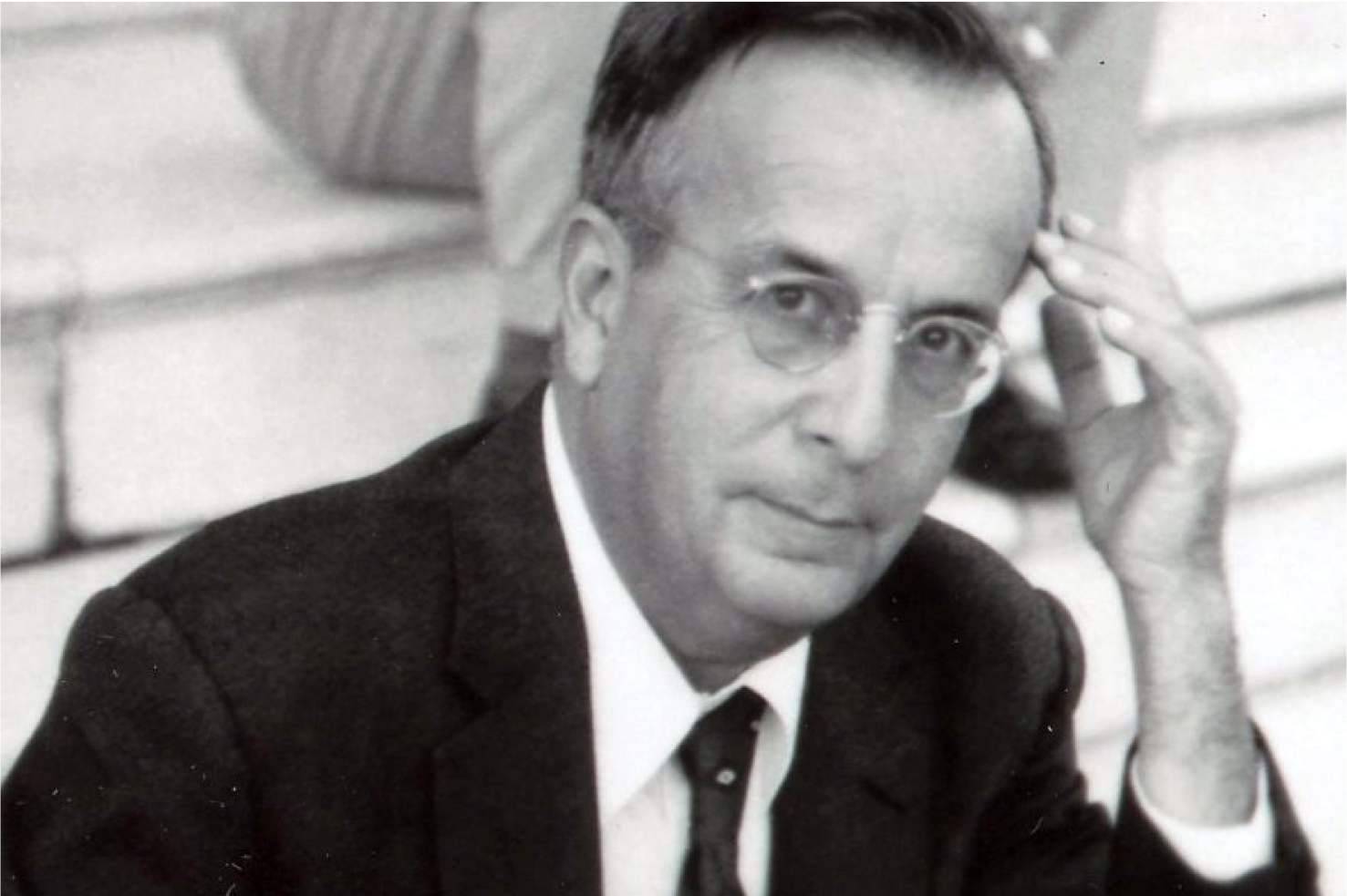
Businesses had to benefit everyone around them, from the workers to the community, in order to make sense as institutions, but also, in his view, to be successful in the long term. He had a simple saying: “If a businessman only cares about his company, he doesn't care about his company”.
Along with his brother Roberto, they participated in over 40 different businesses. Their signature as both entrepreneurs and as a family was dignity: from fair wages to the development of a welfare system around Cervercería Cuauhtémoc that included hospitals, schools, housing and social and sports clubs for workers and their families.
| WORK, SAVINGS, AND... EDUCATION
In 1942, a reporter asked Eugenio Garza Sada if "work and savings" was still the formula for achieving success, as the legendary slogan of the Cuauhtémoc Brewery claimed. The businessman paused for a few seconds and replied: "Not just work and savings, but also education.”
This belief in the transformative power of education under the principle of "Education can achieve anything" would lead to one of his most enduring legacies: the founding of the Monterrey Institute of Technology and Higher Education, or Tecnológico de Monterrey.
Eugenio studied in MIT, and always saw the institution as an inspiration for the kind of university Monterrey and its industrial ecosystem should have to reach new levels and prepare new generations of Mexicans for the challenges of the modern world.
Tec de Monterrey just turned 80 this september. Eugenio was so devoted to developing the university that a common joke in his inner circle was that Tec was “his ninth child”. He dedicated himself to it over 30 years, from its inception, to the day he died.
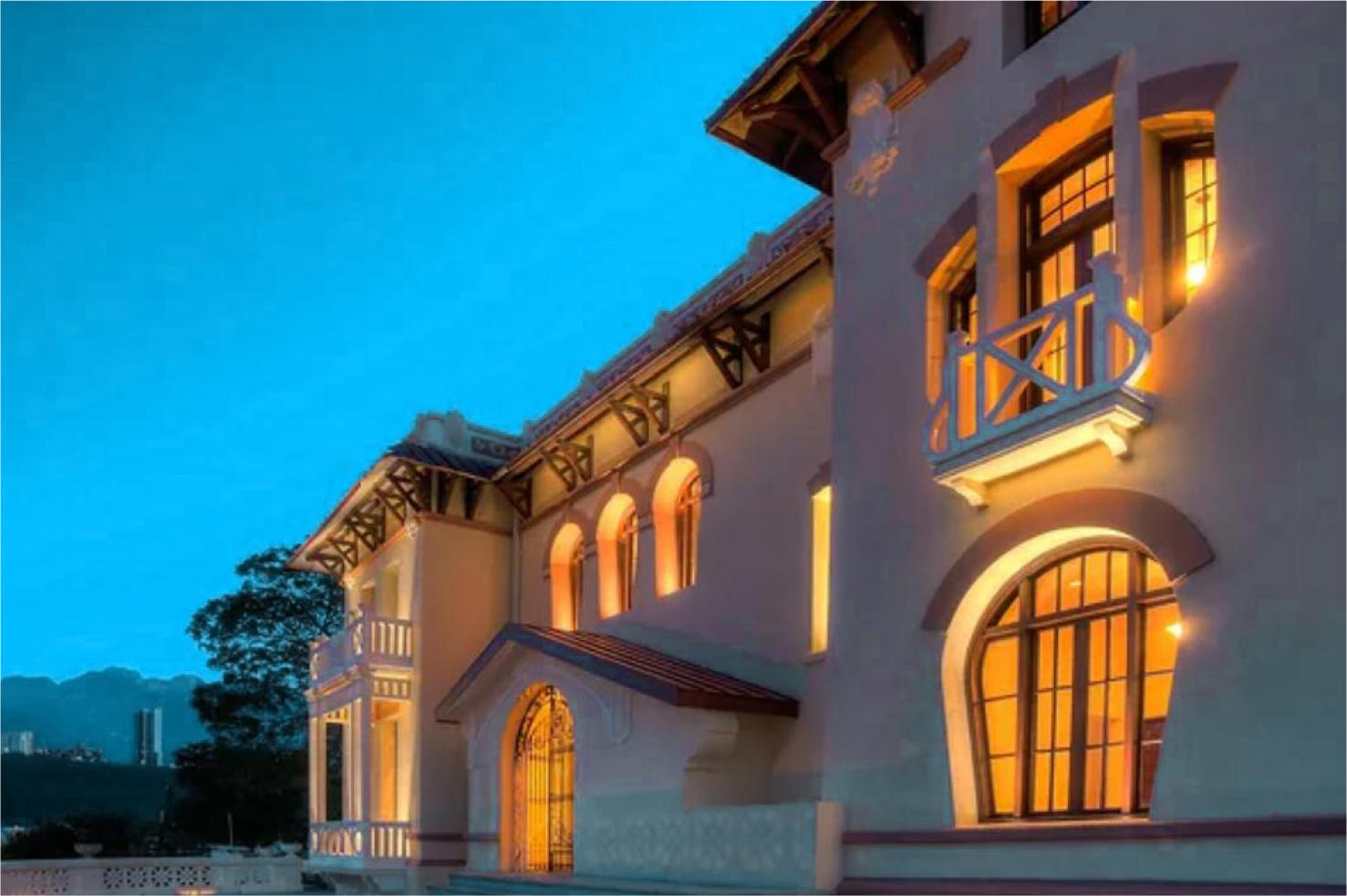
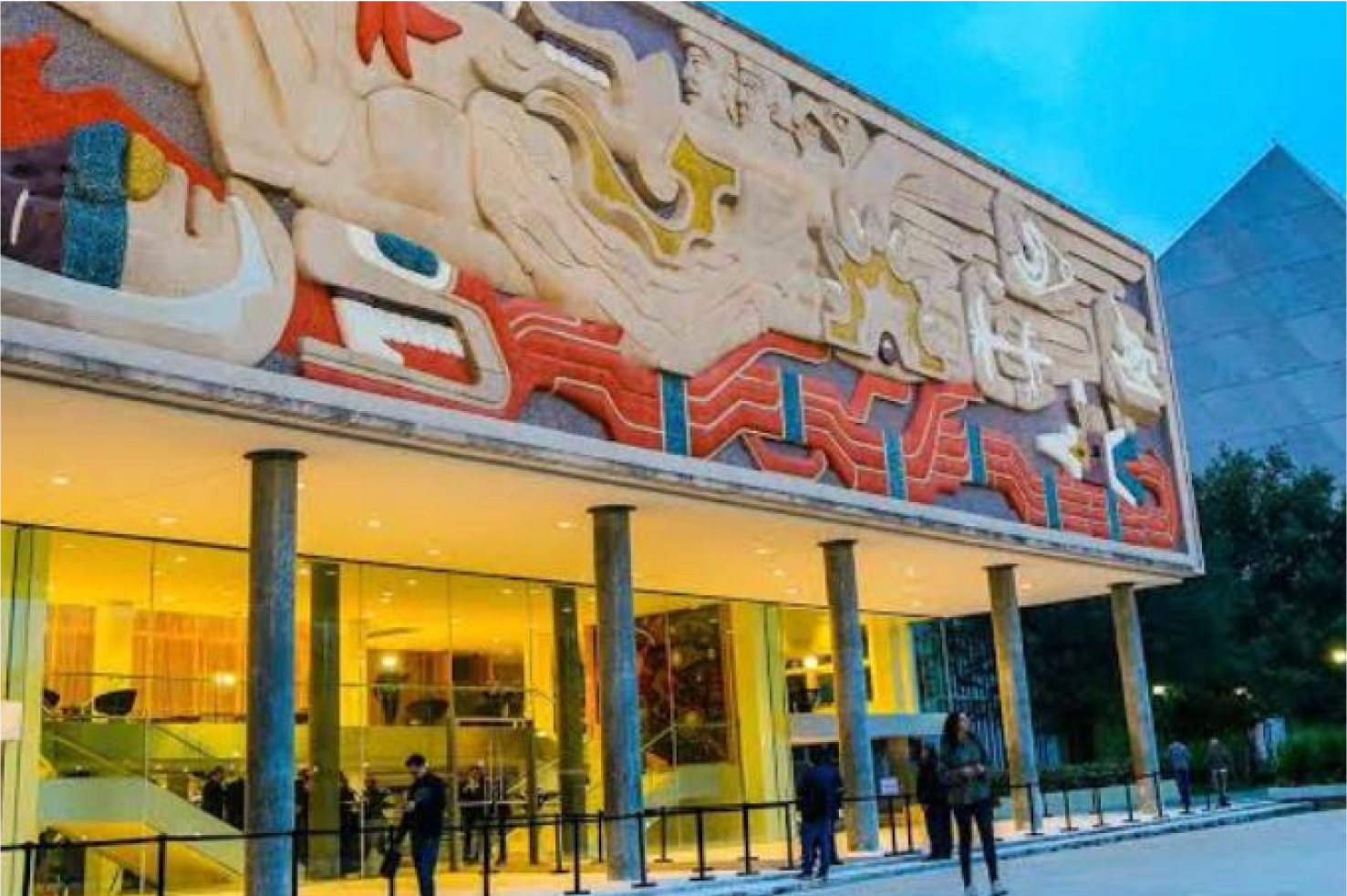
Tec de Monterrey would go on to become one of Latin America's premier educational institutions, shaping the minds of countless leaders, innovators, and thinkers. It stands as a testament to Garza Sada's belief in the symbiotic relationship between business and education.
He believed education was a means to a better life, from employment to growth and personal realization.
| HUMANISTIC LEADERSHIP AS A WAY OF THINKING AND ACTING
Over the course of his career, Garza Sada developed a series of principles that he applied both to business and personal life. He was a man who believed actions were better than words and that economic activity was a way of benefiting society: “Whatever one becomes and comes to have are merely an opportunity to help others, an opportunity for service”.
He always maintained that all persons, from the manual worker to the CEO of the company, deserve the same dignity and respect, and that every person was entitled to a better way of life through opportunities and hard work.
His ideals always included a strong belief in freedom, but not as a gift of nature, as he used to say, but as something you have to fight for constantly. The same applied for social changes: he believed only organized citizenship can drive forward fundamental change.
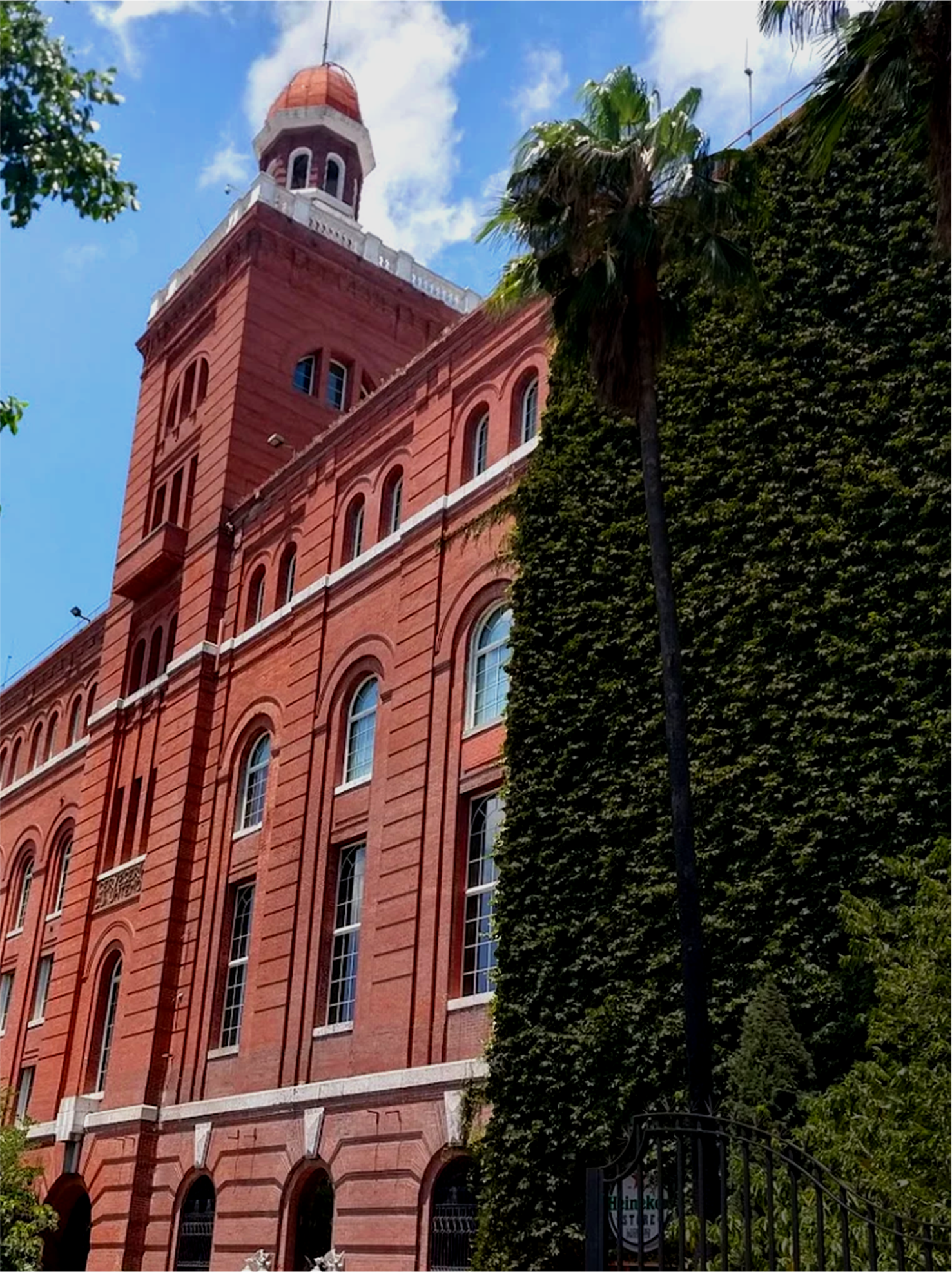
| PHILANTHROPY AND SOCIAL IMPACT
Eugenio Garza Sada's philosophy transcended mere profit-making. While he believed in the power of capitalism to create value and drive progress, he also held a deep-seated belief in corporate social responsibility. For him, wealth was a means to an end—a tool to drive societal progress.
Throughout his life, he engaged in numerous philanthropic endeavors, investing in community projects, and championing causes that would uplift the less fortunate. Garza Sada saw philanthropy as an investment in the future, a way to ensure that the benefits of economic progress were felt by all segments of society.
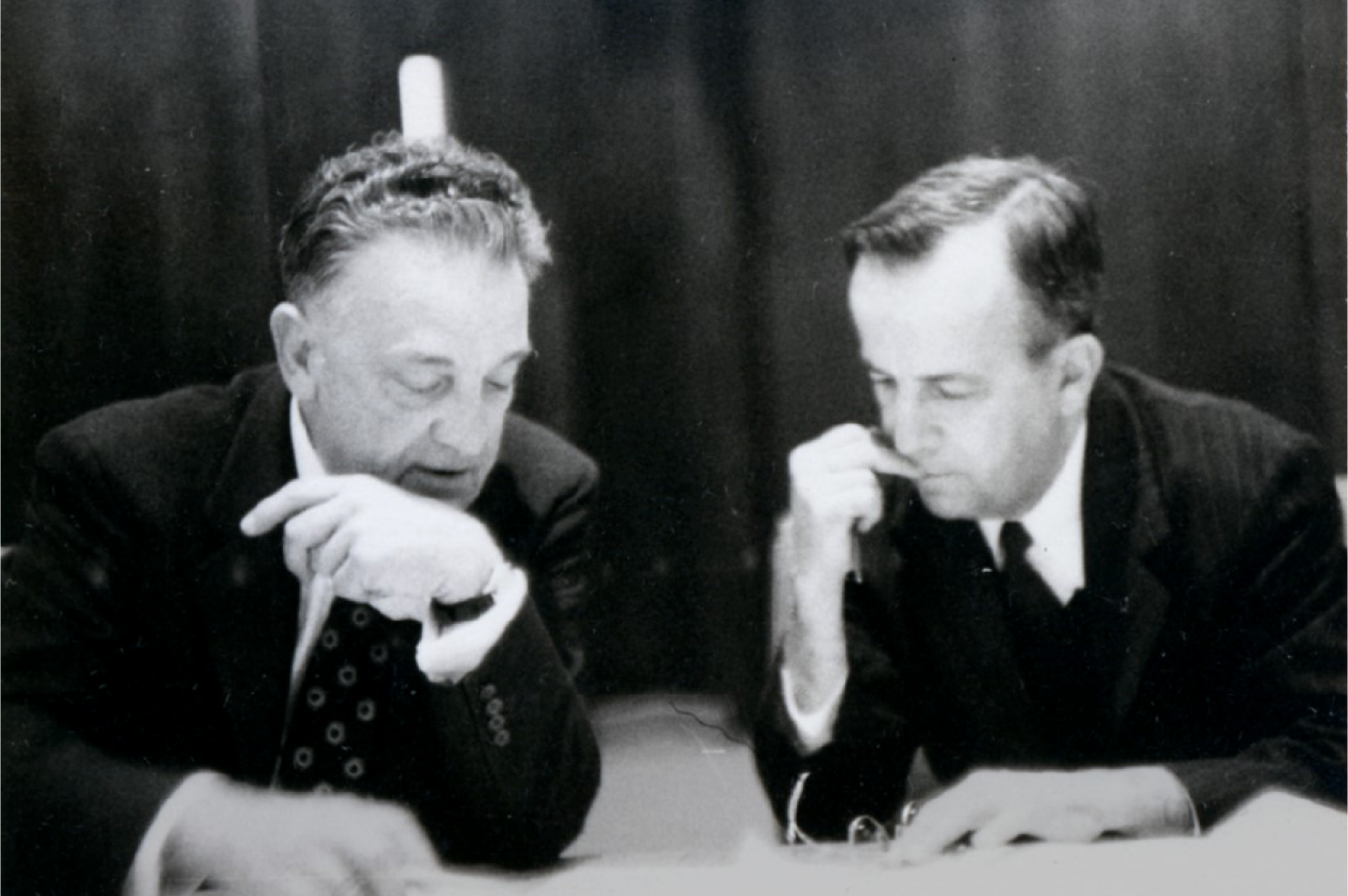
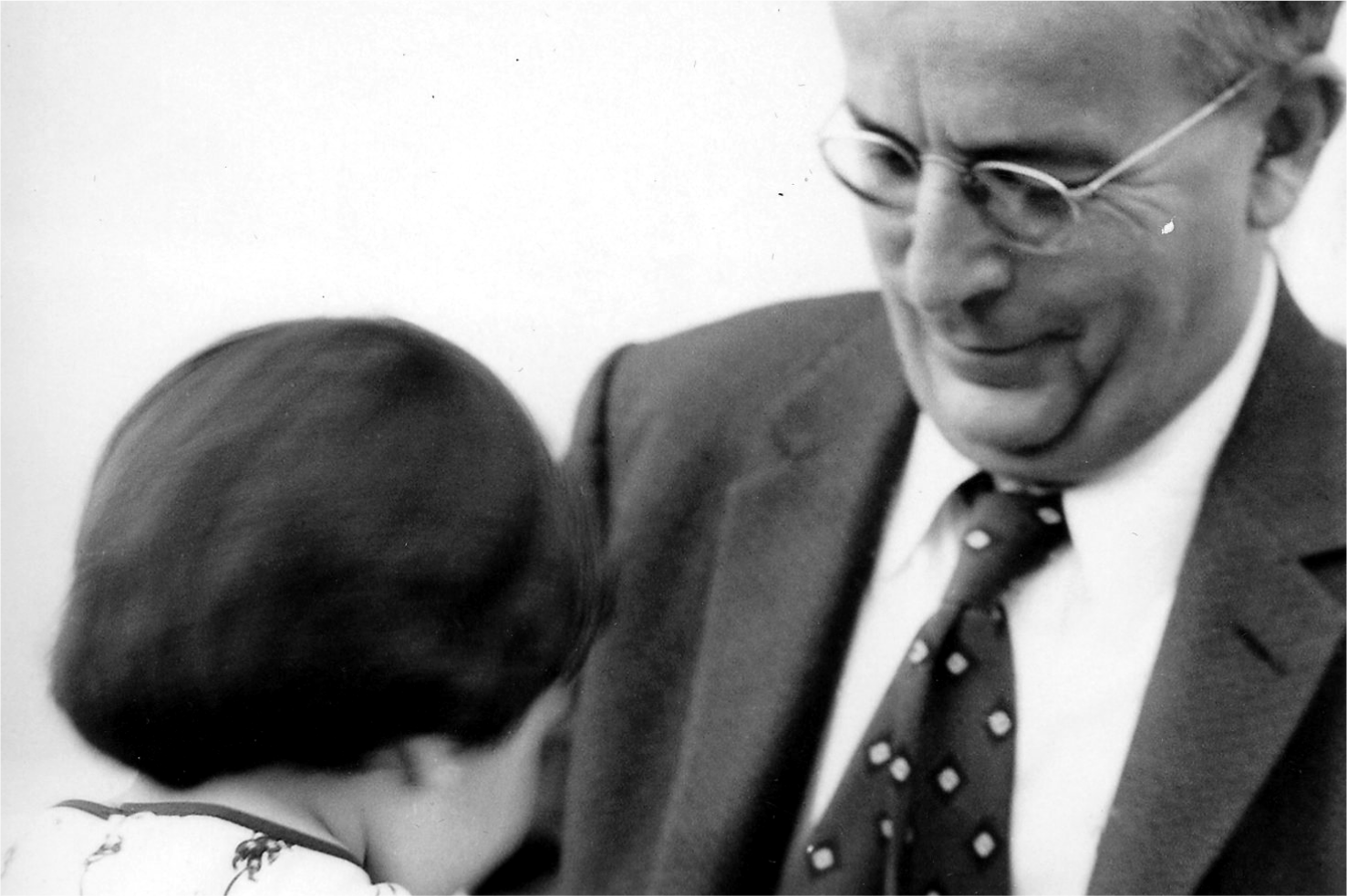
CIDES, Centro Eugenio Garza Sada.
The great appreciation he had for the workers and his concern on building better conditions, led to being a pioneer on labor benefits such as education, health, housing, groceries and retirement funds, which many years later became institutionalized as rights and public policies for Mexican workers.
| LEGACY IN THE MODERN ERA
Half a century after his absence, Eugenio Garza Sada's influence can still be felt.
His way of thinking and acting, where businesses are an opportunity for service and social investment, has a renewed energy after the extreme capitalism that began in the 80’s, where businesses were concerned only with shareholder value, has lost its validity.
Garza Sada is proof that entrepreneurs and businesses -persons, families and institutions- can not only be a force for good, but can thrive if they create value for all their stakeholders.
Beyond tangible institutions, Garza Sada's Humanistic Principles and Values have become a touchstone of their own in the Mexican business psyche. Numerous entrepreneurs and business leaders cite him as an inspiration, his life's work serving as a blueprint for sustainable, ethical, and impactful business.
"Garza Sada's Humanistic Principles and Values have become a touchstone of their own in the Mexican business psyche. Numerous entrepreneurs and business leaders cite him as an inspiration, his life's work serving as a blueprint for sustainable, ethical, and impactful business"
Today, Centro Eugenio Garza Sada, the institution that protects and promotes Eugenio’s legacy, has launched Iniciativa Capitalismo Social (Social Capitalism Initiative), a model that seeks to form humanistic leadership in business owners and key leaderships to promote a model where human and economic development go hand in hand.
The Humanist Principles such as freedom, respect, justice, integrity, modesty, commitment, entrepreneurship, work, savings and education keep building a new generation of Humanistic Leaders that contribute to a more responsible, collaborative & supportive society.
Eugenio Garza Sada's life stands as a testament to the power of vision, ethics, and action. In an era of rapid economical and societal change, he saw the bigger picture, understanding that true success lies in promoting both principles and institutions that created positive impact for the country.
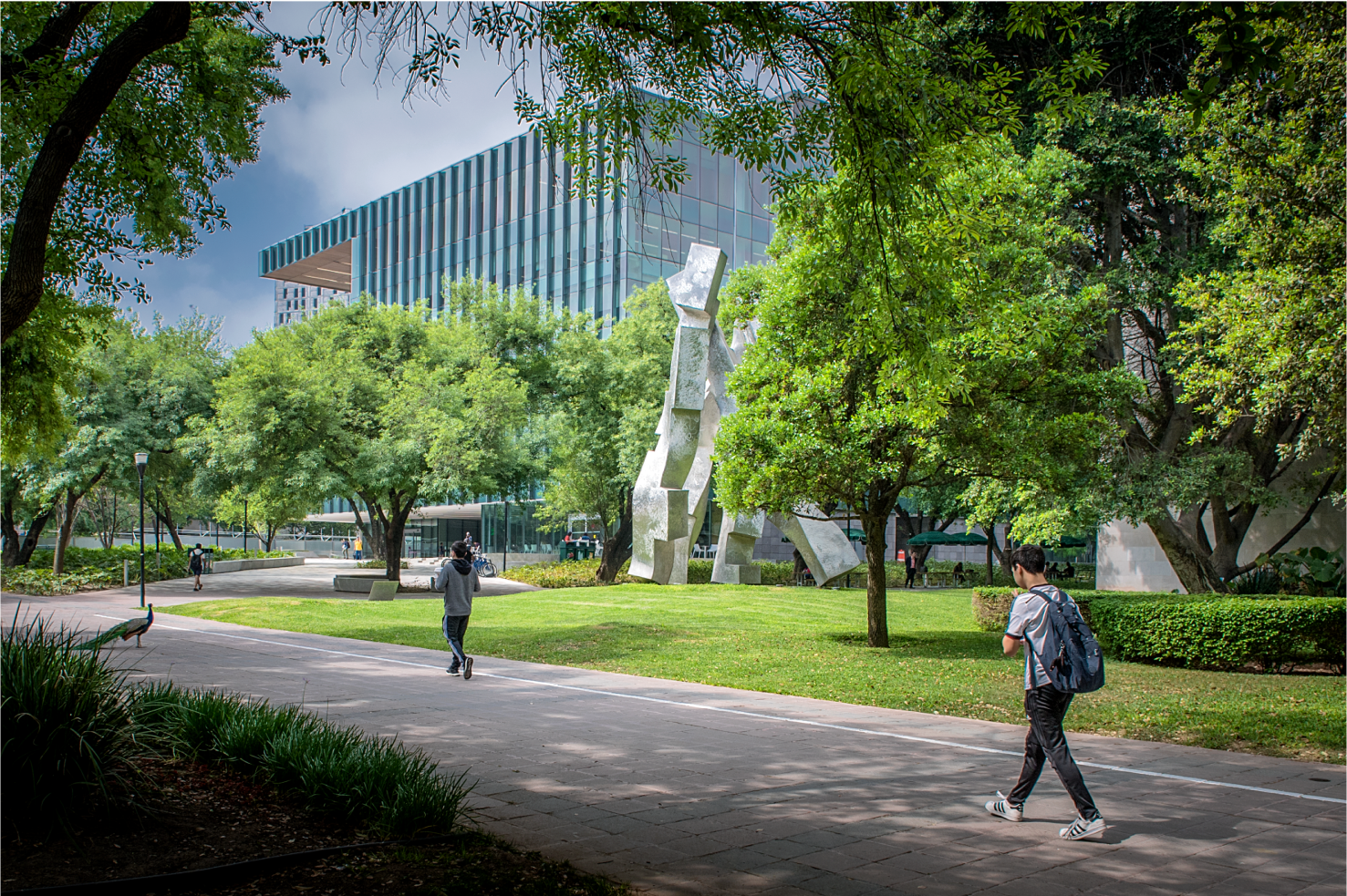
For modern business leaders, Garza Sada's legacy offers profound lessons. It teaches us that business, at its best, is a force for good, that profit and purpose can coexist, and that the future belongs to those who invest not just in industries but in people.
In a world of fleeting success stories and short-term thinking, Eugenio Garza Sada's enduring legacy reminds us of the timeless virtues of modesty, integrity, and purposeful action. Or as he used to say: “Respect for human dignity is above any and all economic consideration”.

Federico Garza Santos
Chairman & CEO, Desarrollos Delta SA de CV.
gdelta.mx

